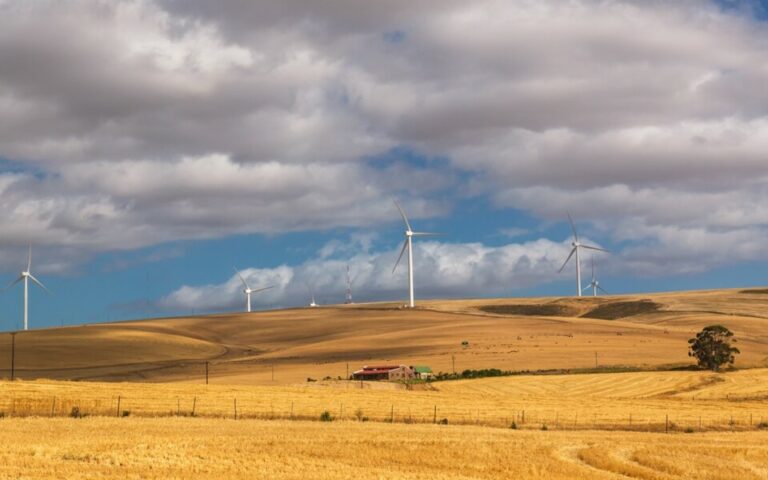This article was first published in the Financial Mail on 10 November 2021.
On November 2, SA made global headlines for clinching a first-of-its-kind $8.5bn climate finance deal with the US, EU, UK, Germany and France. The deal, announced at COP26, has been hailed as a breakthrough in international finance support for a faster transition away from coal in a major emerging economy.
On the same day, a small group of local CEOs, together with mineral resources & energy minister Gwede Mantashe, launched the Energy Council of SA. The launch didn’t attract much media attention, perhaps deliberately, but it has the potential to be just as significant for our energy policy as the finance deal.
The council bills itself as the “collective unified voice of energy” – which is rather strange, because its founding members comprise four fossil fuel companies (Sasol, Eskom, Exxaro and TotalEnergies), Anglo American Platinum, the Industrial Development Corp, the Central Energy Fund and Automotive Business Council Naamsa. Its chair is Fleetwood Grobler, CEO of Sasol, Africa’s biggest private fossil fuel company, and its address is Sasol’s headquarters in Sandton.
When asked by a journalist about the glaring absence of renewable energy industry participation in this “unified voice”, Grobler answered that this was “not by design”. They had not yet “had the chance to introduce the producers of renewable energy into the energy council … It was just to get it going, in the interest of the relationship we have with the minister”.
The minister referred to is Mantashe, whose brainchild this appears to have been. Comments made at the launch suggest Mantashe had previously impressed on Grobler the need to “unify the voice of the sector”. Perhaps the suggestion was made in one of the midnight phone calls the minister boasted of making to executives of outfits such as the Minerals Council SA. “In public I appear to be very intelligent and clever, but the reality of the matter is that it is a benefit of engaging with an organised sector,” he said. “I hope I will get that benefit from the energy council.”
Policy, he continued, “does not come from the department, it is a product of collaboration”.
There is a word for this kind of “collaboration”, of course: lobbying. In the climate context, private sector lobbying is a key factor behind our collective global failure to take concrete action to tackle climate change. And, indeed, the word “lobby” was used more than once at the event.
Business Unity SA CEO Cas Coovadia explained that the council will “enable business to lobby and advocate for appropriate policy, regulation and legislation in a more cohesive way”.
But appropriate for whom, exactly? And where did these CEOs get their mandate to “engage” with government on behalf of the rest of us?
In many countries, ministers are required to disclose meetings with corporate executives to the public (including matters such as midnight phone calls). In SA, there is no legal requirement for any transparency around corporate relationships with the government, despite their potential to seriously undermine democratic principles.
A healthy dose of scepticism
It is testament to our national outrage overload that few appear to have blinked an eye at a group of major fossil fuel entities expecting us to believe that their launching of an exclusionary organisation, in cahoots with an energy minister whose obstructionist approach to climate action is renowned, demonstrates their commitment to the just transition to a low-carbon economy.
But hey, perhaps I’m being too cynical. Perhaps, in the months to come, the energy council will invite renewable energy entities, climate justice activists, community representatives, NGOs and unions to join it. Perhaps, in line with Grobler’s claim that the council will “advance value for the sector through accountability and transparency”, it will make public the minutes of its meetings with the government, and publish all its policy positions on crucial issues, such as the carbon tax.
Perhaps it will ask Mantashe not to call its members at midnight or threaten to sue climate activists (as he has recently done), but instead engage with all stakeholders in open, transparent dialogue about the harm of clinging to a fossil fuel-based economy, and how we can achieve sustainable, inclusive climate and economic justice.
We live, to paraphrase Sir David Attenborough at COP26, in somewhat desperate hope.






